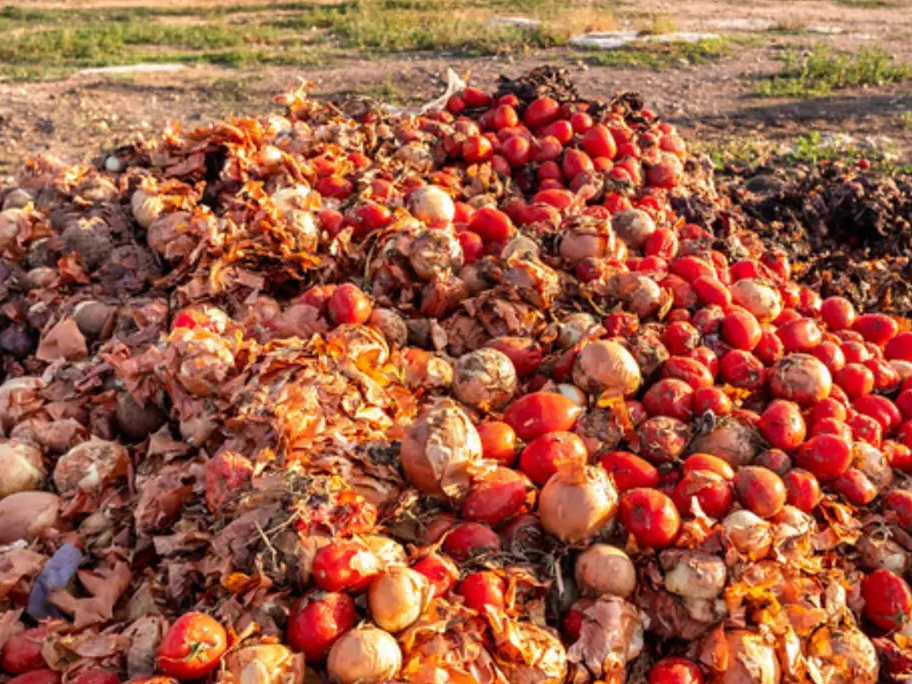By targeting these longstanding troubles, this partnership aims to reduce post-harvest losses and boost farmers’ income
Every harvest season in Nigeria, farmers lose a significant share of their produce. Tomatoes rot on trucks before reaching markets, grains spoil in sacks due to poor storage and crops are sold at throwaway prices as farmers avoid spoilage. The net result is billions lost annually to post-harvest waste.
A new US$1 billion facility announced by Afreximbank and the Bank of Agriculture (BOA) aims to curb this trend.
The partnership, unveiled at the Intra-African Trade Fair 2025 in Algiers, pledges fresh funding to boost Nigeria’s agricultural sector.
Designed to support small-scale farmers, the initiative focuses mainly on supplying seeds, supporting mechanisation, improving storage and market access. By targeting these longstanding troubles, the facility aims to reduce post-harvest losses and boost farmers’ income.
Beyond Warehouses: Taking Storage to the Farms
The real challenge of post-harvest loss is the absence of durable, well-placed storage facilities. Innovations like ColdHubs have shown what’s possible.
Their solar-powered cold rooms, installed at markets and farm clusters, keep vegetables and fruits fresh for weeks instead of days. This gives farmers more time and more bargaining power. The Afreximbank–BOA facility could help spread models like this across Nigeria.
Financing Farmers Through Warehouse Receipts
For grain like maize and rice, the warehouse receipt system presents another solution. Farmers can deposit produce into vetted warehouses and receive an electronic receipt that doubles as collateral.
This allows them to wait for better market prices instead of selling cheaply at harvest. Expanding certified silos and strengthening warehouse receipt infrastructure can rescue smallholders from the cycle of distress sales.
Similar initiatives against post-harvest losses
The Nigerian government also recently launched the Post-Harvest Systems Transformation programme. It focuses on everything from household-level storage to national reserves. If properly aligned with Afreximbank–BOA financing, this could greatly dial back the effects of post-harvest losses in the country.
Other organisations are already showing how post-harvest losses can be reduced with the right blend of finance and infrastructure. Babban Gona, a farmer cooperative in Nigeria, has supported over 280,000 farmers by providing seeds and fertilisers.
The International Fund for Agricultural Development (IFAD) has invested in rural processing centres under its “Value Chain Development Programme” in states like Niger and Benue. These centres come with rice mills and cassava processing and drying facilities that allow farmers to process and store crops instead of letting them rot after harvest.
The African Development Bank (AfDB) is rolling out Special Agro-Industrial Processing Zones (SAPZs) in Nigeria, starting with states like Ogun, Oyo, and Cross River. These zones provide farms with factories, storage, and transportation support.
In short, the Afreximbank–BOA facility offers Nigeria a chance to finally tackle post-harvest losses head-on, but its success will depend not on the impact made by providing seeds, bringing storage closer to farms, and creating opportunities for investment.
Done right, it could mean less waste, fuller plates, and more money in the hands of those who feed the nation.
In Nigeria, post-harvest losses severely impact farmers, with produce rotting before reaching markets and grains spoiling due to inadequate storage. A new US$1 billion initiative by Afreximbank and the Bank of Agriculture seeks to tackle these issues by supporting small-scale farmers through better seed supply, mechanization, and improved storage and market access. The partnership, unveiled at the Intra-African Trade Fair 2025, aims to decrease post-harvest waste and increase farmers' incomes.
Innovative solutions like ColdHubs’ solar-powered cold rooms and the warehouse receipt system offer potential remedies by extending produce freshness and providing financial leverage through produce collateral. The Nigerian government launched the Post-Harvest Systems Transformation programme to further reduce losses, while other organizations like Babban Gona, IFAD, and AfDB have implemented support mechanisms, such as processing centers and Special Agro-Industrial Processing Zones, to aid farmers in processing and storing produce.
The success of these initiatives hinges on effective funding and infrastructure implementation, potentially leading to reduced waste, increased food availability, and higher farmer income. If properly executed, these efforts could revolutionize Nigeria's agricultural sector, addressing longstanding issues of post-harvest loss.






